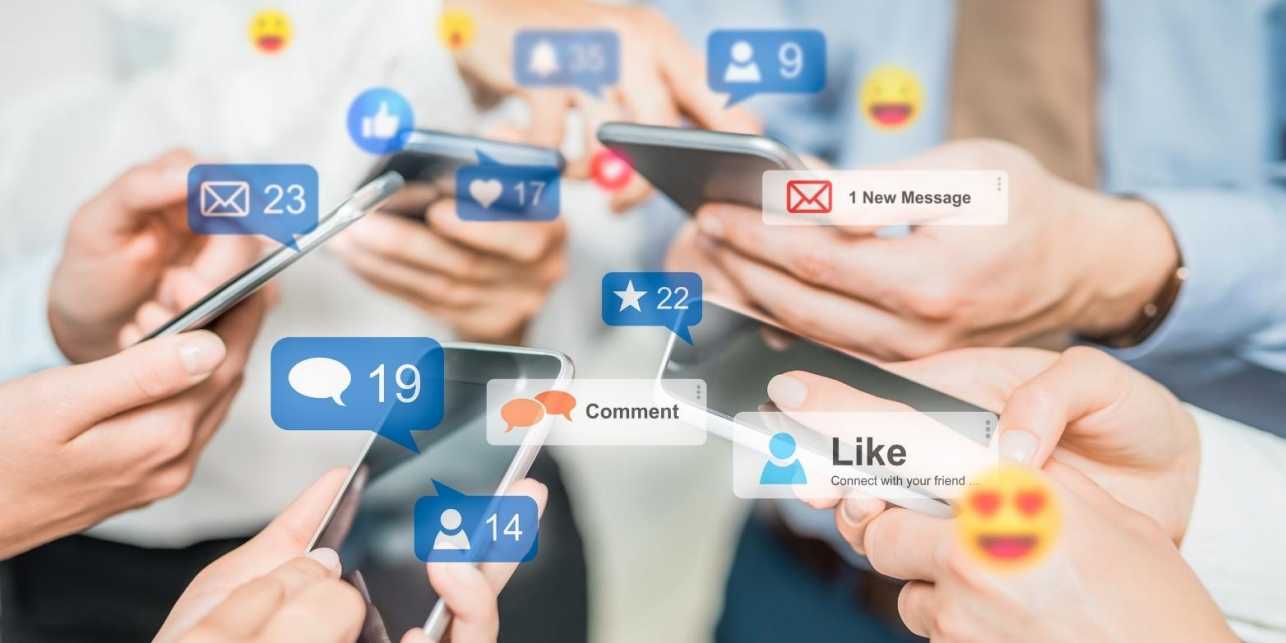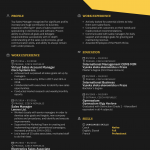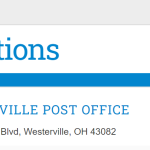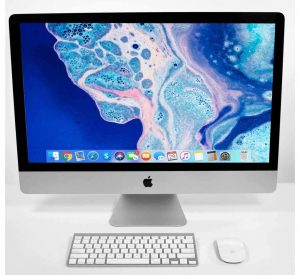Social Media and Politics
Social Media and Politics is a two-way communication system where people and organizations can connect and interact with one another. It is a great platform for business communication, but it can also be used for political purposes. Here are some tips for maximizing the power of social media for business. First, make sure your content is socially-friendly. Keep your tone casual and conversational. Second, don’t forget to repost positive content. And third, make sure to check your social media accounts and analytics regularly.
Social media is a two-way communication system
One of the best uses of Social Media and Politics is as a two-way communication system, connecting brands and audiences. This medium offers tons of technical tools and a ready audience eager to share their thoughts. Big brands have shown that they can effectively convert feedback into sales. This is because people want information, and they want it fast.
It’s important for brands to understand the people who use their products and services, and to engage with them on a personal level. In social media, a user can begin a conversation about anything and can engage in a two-way dialogue about any topic. This can provide useful information about customer needs and help improve the product or service.
Brands should listen to consumer comments and reply to them directly. This type of interaction will help them create more engaging ads and discover exactly what consumers want. This will help them create content that is relevant to them, and therefore more likely to make sales. Keeping up with consumer conversations is essential for your brand’s growth.
As a two-way communication system, social media has increased awareness of world events. For instance, in the recent Amazon Rainforest fire, a single post spread the news of the blaze across several social media sites. As a result, the fire spread very quickly and the world was made more aware of it.
To build trust and increase customer loyalty, brands must listen to their consumers’ voices. They need to build a two-way dialogue on social networks to understand the issues and concerns that influence their buying decisions. Ideally, at least 80% of social media posts should add value, while only 20% should be self-serving.
A survey conducted by the American Red Cross found that two-thirds of respondents agree that emergency response agencies should monitor their posts. Additionally, three-quarters of participants said they expected to receive help within three hours of posting about a disaster on social media. The use of social media has become an expected part of crisis response plans.
Brands use social media to market products and services, connect with customers, and foster new business. The use of social media also encourages customer feedback, which allows companies to respond quickly and effectively to customer concerns. Companies also use social media to crowdsource ideas and improve their offerings.
It allows people to connect with each other
Social Media and Politics is a tool that allows people to communicate with each other in an easy and convenient way. It has a wide variety of benefits, from allowing people to share ideas and experiences to creating relationships and business opportunities. However, social media is not without negatives. For example, it can be used to alter children’s brains and behavior. It can also expose users to burglars and predators. It has also been used to spread false information faster than any other form of communication.
According to Pew Research Center, 69% of adult Internet users use social networking sites. Facebook and LinkedIn have more than 500 million monthly active users. YouTube has over 330 million unique visitors, while Instagram boasts 95 million photo uploaders. Users can connect with friends and family from other countries, share digital photos, and share events and information.
It facilitates business communication
Social Media and Politics can help organizations stay updated on new trends and attract new customers. It can also help businesses resolve problems faster. In addition, social media can strengthen the relationship between a business and its customers. However, it is important to note that social media may be disruptive to privacy and security. Therefore, it is important to use social media in moderation and carefully plan your strategy.
Regardless of industry, social media can be a powerful tool for business communication. By allowing people to connect quickly and easily, social media allows businesses to create a sense of trust and collaboration between teams. In addition to this, social media also allows business to share entertaining content to draw new customers and keep existing customers happy.
Social media also helps companies form relationships with their customers and partners. By connecting with customers through these sites, companies can learn more about their needs and interests, and can provide quick responses to questions and concerns. Customers can also provide feedback, which can be helpful in improving products and services. As a result, businesses can gain a loyal following.
It can be used to influence political opinion
In the United States, social media has the potential to impact elections in a number of different ways. For example, it can increase the popularity of a political candidate or news website. Moreover, users can follow other users’ opinions and news sites through social media. As a result, political news sites are often followed by millions of people who may be interested in what is happening in a particular election.
In recent election cycles, social media has been used by antagonistic state actors to influence public opinion. For example, Russia used troll farms and bots to spread propaganda during the 2016 US presidential election. The goal of social media platforms is to increase engagement and participation, which helps candidates gain a wider audience. However, it is important to recognize that these platforms also allow for widespread election misinformation.
For example, social media is used to influence political opinion, and it started in Tunisia and spread to other Arab countries. The Egyptian revolution was largely driven by social media. The power of Facebook was instrumental in the success of the revolution and helped millions of people in Egypt take over the streets of Tahrir Square.
The popularity of social media has led to a rise in political polarization. As a result, it can become difficult for people to express their own opinions or find a way to disagree. This is exacerbated by the fact that many people choose news sources based on their affiliation with other users.
A recent study looked at how social media can influence political opinion among students. Students took part in discussions on social media, sharing political opinions, and following politicians. Further, the researchers evaluated the amount of time students spent reading political news and arguing with other people’s views. They also looked at how students posted photos and content.















